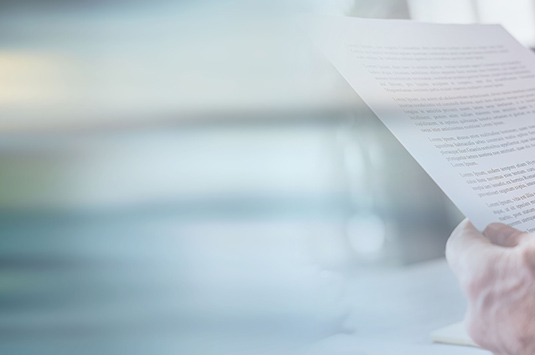Vanderbilt research finds that COVID-19 test result may be twice as likely to provide a positive result if collected in the afternoon
Researchers at Vanderbilt University Medical Center in Tennessee have recently published a preprint paper showing that COVID-19 test results may vary in accuracy based on the time of day. While this study has not yet been peer reviewed, its findings may have significant implications on understanding the causes of false positives.
The Vanderbilt study was published in mid-March and examined more than 31,000 COVID-19 PCR tests from over 125 collection sites. Researchers examined the tests for variations in positive results by time of day.
The findings of this study indicate that there was a significant variation depending on the time of day that someone was tested. This variation meant that someone was over twice as likely to test positive based on the time day that the test specimen was collected. Researchers found that the peak time for a positive test result was around 2 pm and was lowest around midnight.
Questions Resulting from Time-of-Day COVID-19 Test Study
While this study has yet to undergo peer review, there are some interesting inferences if the researchers’ methodology and results are upheld. One of the core questions that has resulted from this research is what causes the time-related variation in test results.
Researchers hypothesize that the variations they found could indicate a cyclical shedding pattern for SARS-CoV-2. They also note that, anecdotally, people have reported variations in COVID-19 symptoms based on the time of day. If the viral load of SARS-CoV-2 does vary based on the time of day, this could indicate that certain times of day are more optimal for testing and that certain times of day may increase the risk of transmission.
New Considerations for Repeat Testing?
“People may be more contagious at certain times of the day and it raises questions about whether tests for SARS-CoV-2 may be less accurate when they are collected between late evening and early morning,” said Candace McNaughton, MPH, MD, PhD. “There may be greater benefit in repeat testing if a negative test was collected when viral shedding is generally less.”
Variations in people’s physiology may also play a role. Changes in nasal secretions, for example, could affect how much of the virus is collected from the nose and throat, said Rachel Edgar, PhD, in a recent interview, commenting on the research. Edgar is a virologist at Imperial College London.
“Although understanding the reason behind the observed variation is important, the evidence presented suggests that Covid-19 is more frequently detected in the middle of the day,” Edgar explained. “Sample collection at these times may help reduce the incidence of false negative results, particularly in those who have lower viral loads.”
Implications for Clinical Laboratories
The new research indicating a time-dependent result for COVID-19 testing may have significant implications for the clinical laboratories that perform this testing. For example, patients who are strongly suspected of having COVID-19, or patients that need a more accurate result, would have more accurate results if testing was performed close to 2 pm.
While the Vanderbilt study is the first of its kind, it will likely encourage more study into what the influencing factors behind this find are. The possibility that viral loads may vary based on the time of day does, however, remain an intriguing variable that has not yet been researched. Clinical laboratories will benefit from understanding that the time of day that COVID-19 testing is performed may affect the outcome of these tests and should pay close attention to the research that is sure to follow this new discovery.
—By Caleb Williams, Editor, STAT Intelligence Briefings







